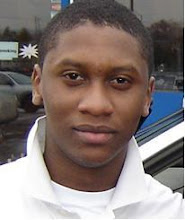In my previous post I elaborated on the skills needed to succeed in transmitting knowledge through oral communication. There are however, a lot of downsides to using this method.
Information can be incomplete. It requires great memory from both the sender and the receiver which can be a lot to ask for. The information intake can be gruesome and challenging for the recipient as a lot rides on his/her ability to process it fast and then apply to real life situations. The incompleteness of the information can also lead to many misconceptions. Their can be lack of details and the transfer does not allow for wiggle room.
As a method it is also very difficult to sustain and maintain over the years. People are naturally biased as they transmit information through the prism of their own beliefs. Innovation is not promoted as the sender expects the receiver to only apply knowledge he/she has been given. At this stage, it is difficult to be creative and think outside the box when facing tough situations...
Combining the potential for distorted messages and the lack of creativity it may indirectly foster, it is difficult to see oral communication being a sustainable way of sharing and creating knowledge. At some point it is imperative to store data and find more efficient ways to communicate to and reach the masses.
Subscribe to:
Post Comments (Atom)

1 comment:
Managing a career is ongoing. It's always up to you to judge where you want to go with your career. There are lots of job openings for new skills. So find your interests and develop your skills to achieve
Post a Comment